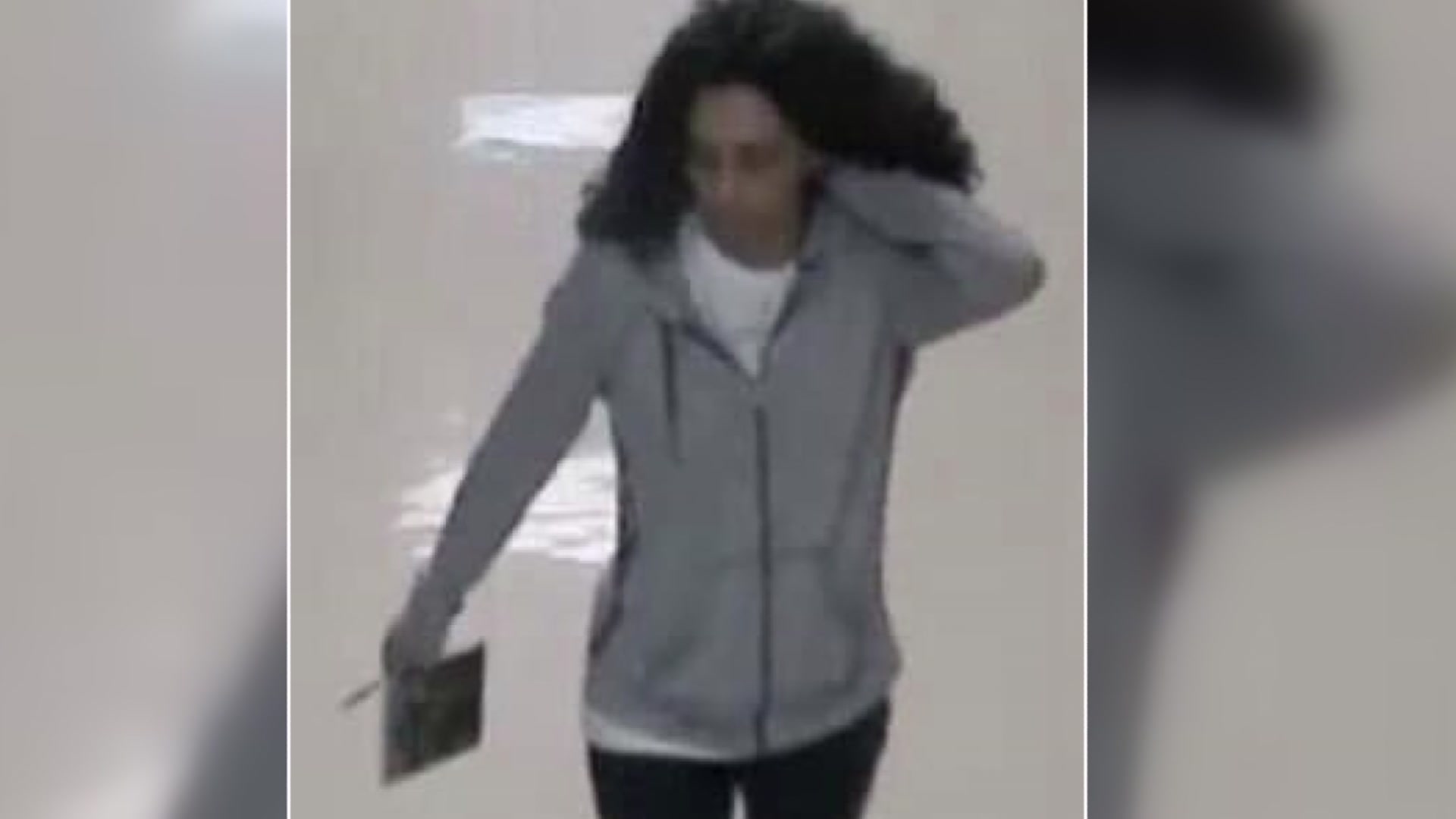Local
The latest news from around North Texas.
Living with constant pain is a reality for people with sickle cell disease, an inherited disease of hemoglobin, a molecule that carries oxygen within red blood cells.
Patients with sickle cell disease have red blood cells containing abnormal hemoglobin, which causes the cells to become stiff and form a sickle or crescent shape.
Because it is difficult for sickle-shaped cells to pass through small blood vessels, the flow of blood is sometimes blocked and oxygen does not reach nearby tissues.
A bone marrow transplant is the only known cure for sickle cell disease, but finding a well-matched donor hasn't been easy for 8-year-old Darian Smith of Garland.
He was diagnosed at 10-days-old and doesn't know when he will experience his next episode of pain, called a sickle cell crisis.
"When I feel it coming, it starts off like someone is punching me and when it gets bad, like, it's like a hammer inside by body, punching nails," he recalled.
His parents, Charda Ransom and and Darian Smith Sr. said their son has spent most his life in and out of the hospital.
He's on medicine to ease the pain, but they know it's only temporary relief.
"For for him to be completely healed from this disease, he needs a bone marrow transplant."
Black people are under-represented on the bone marrow registry, accounting for only 7 percent of all registrants, according to DKMS.org.
Because a patient's best chance of finding a matching bone marrow donor is with someone of similar ancestry, black people with sickle cell disease have a harder time finding a bone marrow match.
In the United States, most people with sickle cell disease are of African ancestry.
"The numbers in the registery just aren't overhwleming enough for him to find a match," said Ransom.
About one in every 365 black children is born with sickle cell disease and Darian's parents hope their son's story will encourage others to join the donor registry.
"So I could be like a regular kid," said Darian.
To see if you're eligible to become a donor, click here.




